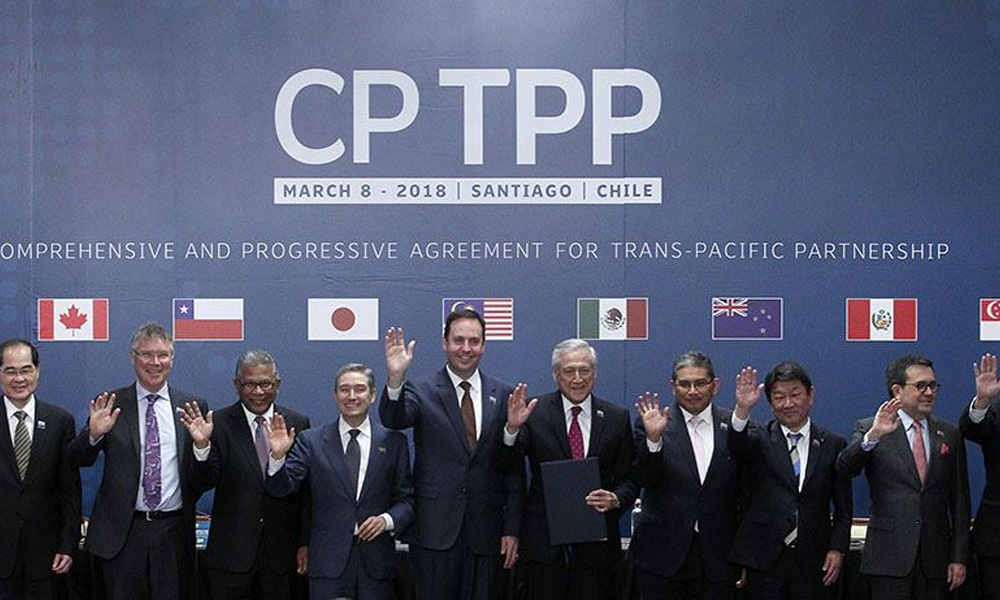Tasek Gelugor MP Wan Saiful Wan Jan is concerned over what he sees as an "anti-trade leftist lobby" which could undermine existing trade deals.
In particular, the Perikatan Nasional (PN) MP is concerned that the new government is vulnerable to lobbying against the Comprehensive and Progressive Agreement for Trans-Pacific Partnership (CPTPP).
The free market advocate said groups against the CPTPP are more vocal now because "they know that (Prime Minister) Anwar Ibrahim is left-leaning".
"(The anti-CPTPP) groups are hiding behind various arguments like the need for governance, research, avoiding lopsidedness and so on, but these are made-up excuses.
"These excuses are concocted to hide the fact that the left is philosophically anti-free trade and anti-market economy," he said in a statement.
Wan Saiful (above) added this against the founding economic philosophy of Malaysia as a trading nation.
"We are a trading nation and a market economy. Our economy prospers when we trade regionally and internationally," he said.
The CPTPP, a free trade agreement between Australia, Brunei, Canada, Chile, Japan, Malaysia, Mexico, New Zealand, Peru, Singapore and Vietnam, was signed on March 8, 2018.
The previous administration said the deal is projected to increase trade to US$655.9 billion (RM2.8 trillion) in 2030.

A state-commissioned cost-benefit analysis found the country's GDP would grow up to 1.9 percent in 2030 if Malaysia joins the CPTPP, or up to 4.2 percent if China and the United Kingdom joins the deal.
Among others, the deal requires countries to remove tariffs on selected imports from other CPTPP countries.
Malaysia ratified the agreement on Sept 30 this year, and the ratification came into force on Nov 29.
However, on Nov 25, a group of economists, NGOs and trade unions urged the Anwar administration to retract the ratification.
According to the agreement, parties can withdraw through a written notice, with the withdrawal taking effect six months after the notice is filed.
Reasons for resistance against CPTPP
Among others, the group urged that a committee of experts be formed to study Malaysia's participation in the CPTPP and for the study to be tabled for debate in Parliament.
Earlier the Consumers' Association of Penang said Malaysia should withdraw because the cost-benefit analysis by the International Trade and Industry Ministry had underestimated the negative impact of joining the deal.
The analysis was conducted by consultants at PricewaterhouseCoopers (PWC).
CAP also said the analysis downplayed the issue of national sovereignty, as the CPTPP could allow foreign investors to sue governments for policies which affect their profits - under the CPTPP's investor-state dispute settlement (ISDS) provision.
The NGO said other countries have been "trapped" in recent ISDS cases under other trade deals, and had to pay compensation "in the billions".
These disputes were arbitrated in private, bypassing national courts, it said.
However, in the analysis, PWC said the scope of ISDS in the CPTPP is narrower than the controversial Trans-Pacific Partnership Agreement.
"Malaysia's sovereignty is preserved as the government has the power to regulate in the areas of public health and environment, provided measures adopted are not discriminatory against foreign investment.
"Malaysia continues to have the freedom to set policies and measures," the PWC analysis read. - Mkini



No comments:
Post a Comment
Note: Only a member of this blog may post a comment.